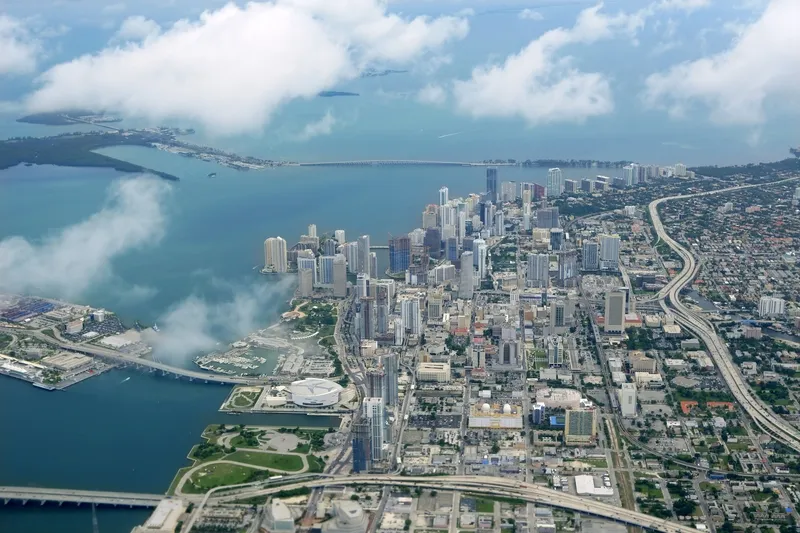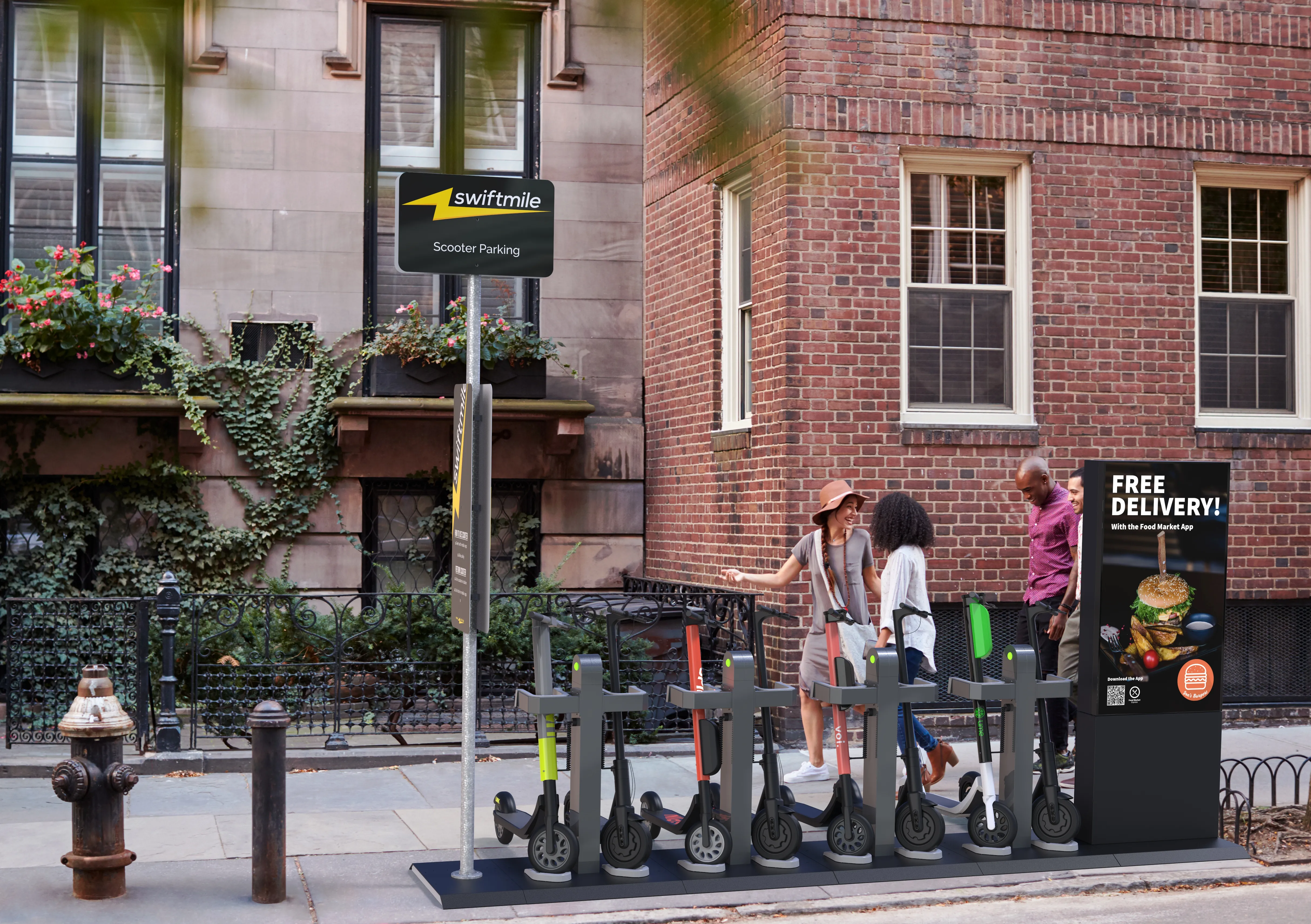
Supernal has signed a Memorandum of Understanding (MoU) with Miami to create a comprehensive engagement framework that will enable development of advanced air mobility (AAM).
Supernal says AAM has the potential to transform communities by enabling efficient inter- and intracity transport, including access to traditionally underserved and remote locations and reducing carbon emissions.
As part of the deal, Supernal and the city will collaborate with community organisations to identify current gaps in existing transportation, determine how AAM can help and, if needed, recommend potential new policies. The MoU also includes launching workforce development and education initiatives that recruit and incubate local talent and integrate AAM into existing transit networks, such as Metrorail, Metrobus and Metromover, among other systems.
According to Supernal, the policies developed and insights gained through this collaboration can serve as a model for municipal leaders nationwide as more cities begin to adopt new mobility solutions.
Venture Miami, the bridge-building team in the mayor’s office responsible for developing the city’s technology ecosystem, will oversee key aspects of the MoU. They will also convene regular working group meetings and collaborations with influential community, business and education leaders to outline the necessary steps to realise AAM in Miami.
Supernal will serve as an ongoing resource to the city and the mayor of Miami Francis X. Suarez.
Supernal CEO Jaiwon Shin says: I want Miami to be the epicentre of creativity and innovation and I want the future of transportation here. This MoU will pave the way for cities across the United States and the world to solve mobility issues for their constituents.”
Diana Cooper, global head of policy and regulation of Supernal, says: “Our partnership with the city of Miami is about more than selling electric air vehicles or securing rights to establish operations. At this stage, our interest is bringing together different public and private sector voices to explore when and how AAM can address the city’s transportation needs and challenges.”
“From there, we will create a roadmap together based on community input and other considerations. When Miami succeeds, Supernal succeeds,” Cooper adds.









